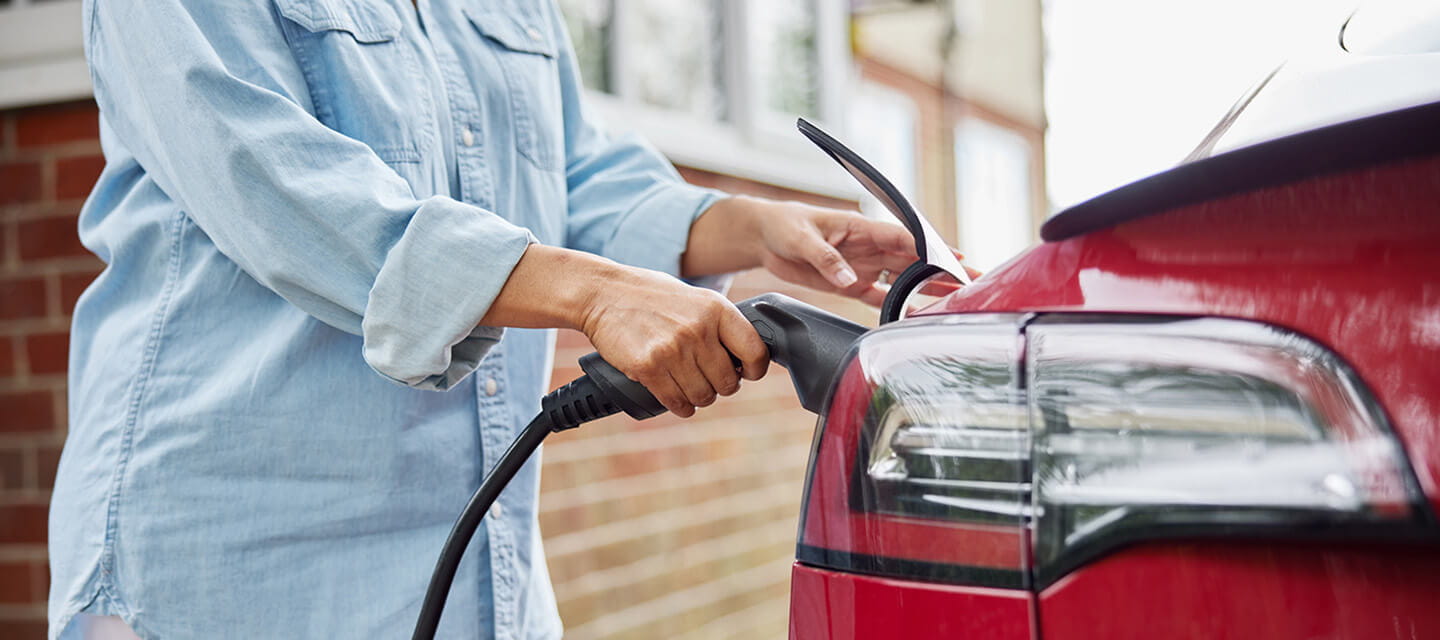

If you’re not sure if taking the plunge to buy an electric car is right for you just yet, you could think about leasing to get a feel for driving electric and the different models on offer.
So how do you decide whether to lease or buy an electric car? We take a closer look.
Yes, you can lease an electric car in the same way you would any other car. You have an agreement with a finance provider to pay a set monthly fee to drive a new electric car on a long-term basis and at the end of the lease term, which is typically between two and four years, you hand the car back.
You’ll need to pay an amount upfront to get started, decide how long you want to lease the car for, and how many miles you’re likely to cover in that time. Sometimes lease agreements will also include servicing packages.
At the end of the lease period, if you’ve kept to your mileage limit and the car is in good condition, you just walk away with nothing to pay. You’re free then to buy or lease another car.
Electric cars can be expensive to buy, so if you don’t feel ready to invest in the new technology just yet, leasing could be a way to test if electric is the right choice for you right now.
With a lease you pay an initial amount of one or more months’ lease in the first month. This acts as a deposit, and then you pay a set monthly amount for the remainder of the lease. No-deposit options are also available.
Leasing a car usually means you pay less than you would when buying, as you’re paying to use the car for a set amount of time rather than its total value.
For the same monthly amount as buying a new car outright, you might find you can add extra trim or have a better model as leasing costs are lower.
Some leasing providers will let you add a service and maintenance package to your lease, which spreads the costs of upkeep across the length of your contract.
See if driving an electric car suits you and your lifestyle before you fully commit to purchasing one outright.
You could be driving the latest model each time you start a new lease, usually every two to four years.
New cars lose most of their value in the first year after you buy them. Leasing avoids this drop in value as you don’t own the car so don’t face these costs.
At the end of the lease period, you give the car back and so don’t keep any equity to use against a new car purchase.
If you don’t keep up with the regular payments, your car will be taken away.
You need to keep within the mileage limits of your lease agreement and keep to any conditions of wear and tear, or you might have to pay extra.
The cost depends on a few different factors:
It’s worth looking at different lease providers and making sure the lease terms meet your needs, as well as comparing what it might cost to buy the model rather than leasing it.
Battery rental for electric cars involves a buyer paying outright for a car and then paying an extra monthly amount on top to lease the car battery. It’s no longer a popular approach, and unlike in the early days, batteries are now included in the price of almost all new electric cars.
Some manufacturers such as Renault were very keen on this type of scheme, as it lowered the initial costs of an electric car. But you were tied to a monthly lease for the battery, even if you paid outright for the rest of the car, and this proved to be a confusing idea for most buyers.
Renting the battery was also designed to allay fears about long-term battery use. Now that technology has moved on and electric car batteries are proving their value over time, only a couple of manufacturers have a battery leasing option.
A salary sacrifice scheme is an agreement between you and your employer where you exchange part of your monthly pay for non-cash benefits. As a result, you see a reduction in Income Tax and National Insurance contributions, and both you and your employer should see the benefits. Common salary sacrifice schemes cover childcare vouchers and gym membership, and also car hire and lease schemes.
With an electric car lease, the lease is paid for using your pre-tax income, but because this is a benefit-in-kind (BIK) you will need to pay some tax on it.
You’ll need to agree your estimated mileage in advance and keep the car for 2 to 3 years. At the end of the agreement, the car goes back to the leasing company and a lease on a new car can be started. It’s just one way that electric cars can help reduce the amount of tax you pay.
Just like all other cars on UK roads, a lease car needs to be insured to be driven legally. When you lease an electric car you are taking out an agreement to pay a monthly set fee to use a new car for between 2 and 4 years. Insurance is not usually included as part of the deal, so it will be your responsibility to make sure the car is properly insured before you take delivery.
The leasing company will want to protect the car that they still own while you are driving it and so they will expect you to take out a fully comprehensive insurance policy, which will give you and them the most protection against loss or damage.
Getting a quote for your new lease car is only slightly different than if you own the car outright. When you’re looking for a quote you will need to:
Lower monthly payments and greater flexibility might make leasing an electric car the best option for you, it’s worth shopping around to find the deal you can’t resist to get driving electric right now.
If you're looking for an electric vehicle policy, we offer car insurance for a variety of electric cars for people over 50.


Choose our highest car cover level Saga Plus and freeze the price of your car insurance for 3 years if nothing changes. T&Cs apply.
There's plenty to explore and learn about our car insurance cover.

We make choosing the right electric car charger for your home and new car simple.
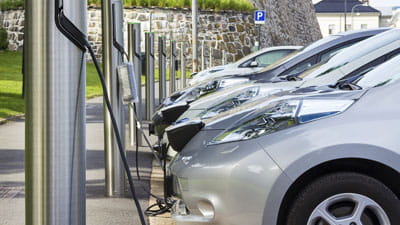
How much does it cost to charge an electric car, and how easy is it to stay topped up as you drive?
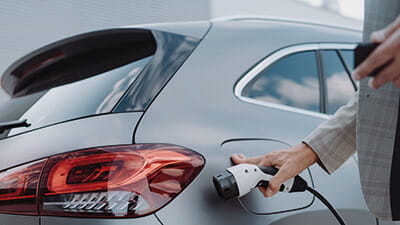
If you’re thinking of driving towards a greener future, here’s what you need to know about electric car insurance.

The UK has some of the best road trip destinations in the world. But which road trips are best suited to electric cars and the specific model you have? We’ve analysed things like distance and availability of charging points along the best roads the UK has to offer.

Get to know the ins and outs of our car insurance and how you can make the most of your cover
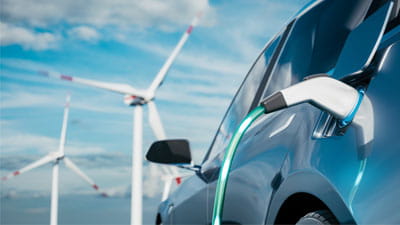
There’s lots of options to keep your electric car fully charged and ready to go so you can enjoy driving without worries.
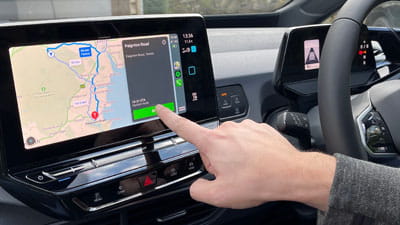
How do you know if your electric car charge is enough for your journey? We help you work it out.
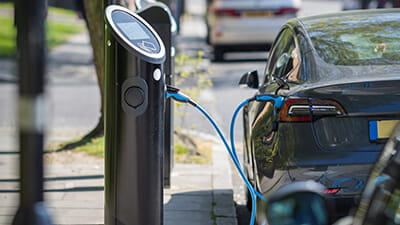
Discover the tax benefits that come with buying and driving electric cars.
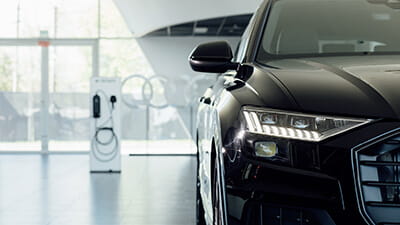
How much does an electric car really cost? Is it a cost-effective option to buy and run? Read on to find out more.
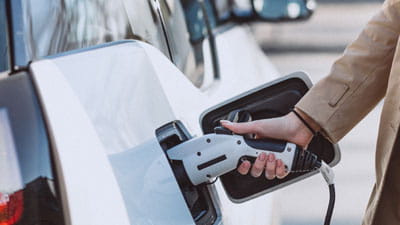
Are electric cars really good for the environment? And what would be better?